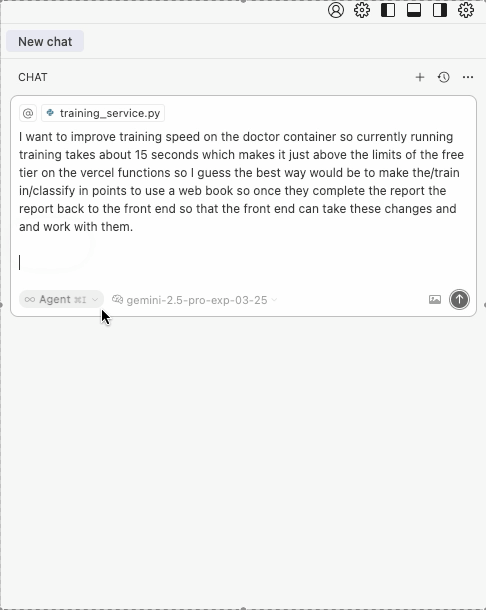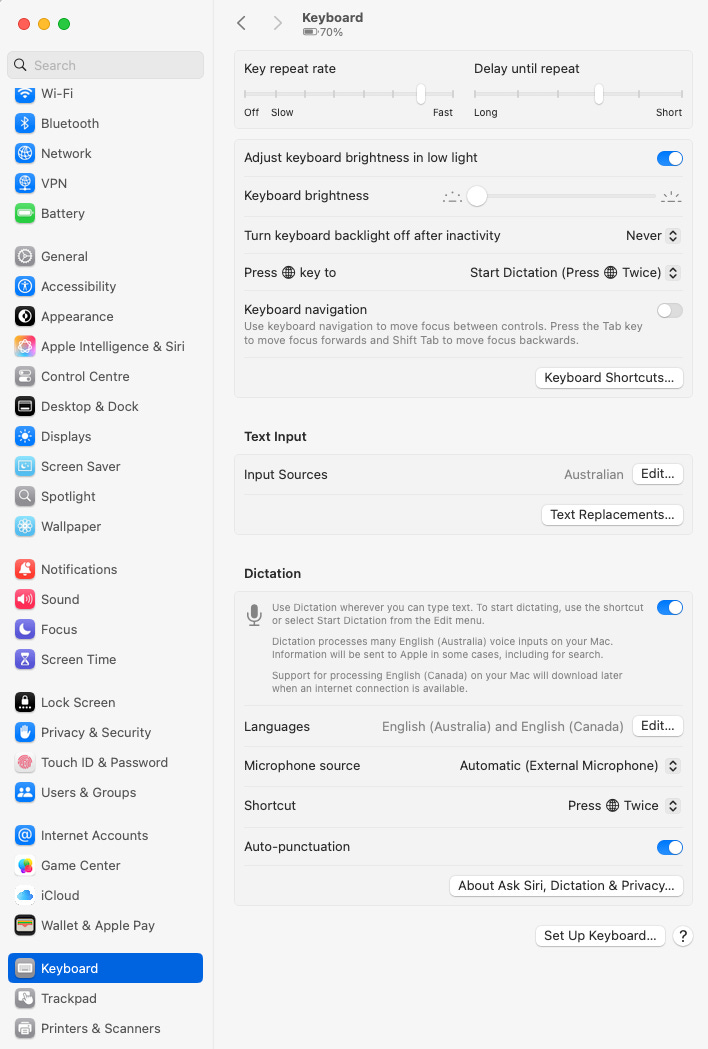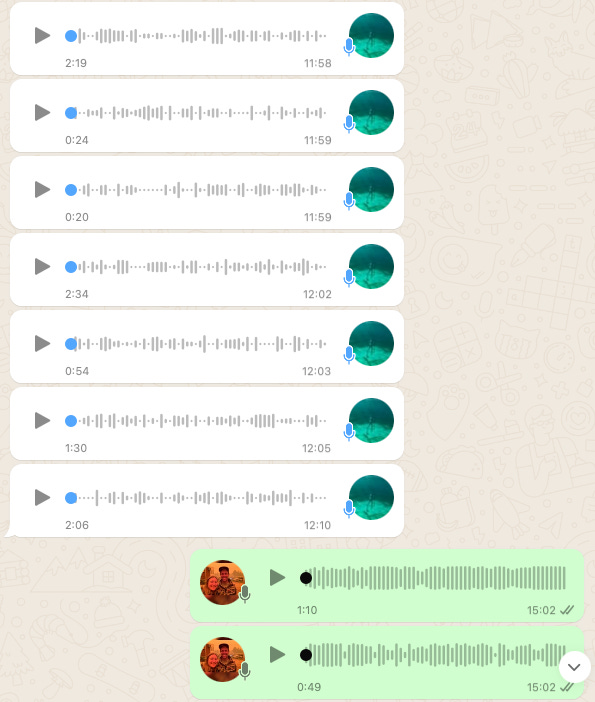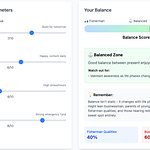In classic rediscovering the known fashion, I recently changed my way of working after "learning" that I can talk to my computer rather than type. Not that I wasn't aware of the technology, but you know how this sometimes goes. It needs that special realisation for it to sink in.
I spend a lot of time with one or multiple Cursor windows (when developing software), different AI clients, Obsidian for note-taking and writing, etc.
What I used to do all this time was type prompts and write instructions to AI via my keyboard. That's quite slow. I made a lot of typos, and since I'm lazy, I often didn't provide sufficient context.
If you've been using any sort of AI, you know that context is very, very important. Your spouse, family or friends already have much of that context, you don't have to explain your life to them whenever you ask a question. With AI, that's different.
To get a good response from any AI, you need to give it as much context as possible. And if you need to do that all day long, typing stuff, it will take you a long time.
That's why speaking out what you want to say is more natural and much faster.
Writing is three times slower than talking, so you'll get a 3x on your prompting speed (study here).
“In our study, we found that text entry speeds, in words per minute (WPM), using speech were about 3.0 times faster than the keyboard for English (161.20 vs. 53.46 WPM) and about 2.8 times faster than the keyboard for Mandarin Chinese (108.43 vs. 31.31 WPM). Total error rates were also favorable to speech, with speech error rates being 20.4% lower than the keyboard error rates in English (2.93% vs. 3.68%), and 63.4% lower in Mandarin (7.51% vs. 20.54%). Thus, speech was demonstrably faster and more accurate than the keyboard.”
Since figuring this out, I am using this feature all day for almost all of my prompts and AI interactions.
Speech-to-text tools
The cool thing about AI? Not only have the general-purpose language models evolved, but also other tools such as speech-to-text.
I started with Superwhisper, a nice Mac app that picks up most of what I'm saying very accurately, turning it into text that you can insert or copy into any editor.
Then I discovered that Mac has the same built-in dictate feature as iPhone. It's not as accurate as Superwhisper, but for prompting, it does the job, and being a Mac native app, it is way more embedded into things (i.e., it will pause the music if you start dictating and resume once finished).
You can use it right inside any text editor. Simply configure a hot key combo, and when you hit it, you start speaking. Once you've finished, you hit it again. Done. You just saved yourself a lot of time.
Most native AI clients have a dictate feature built in on mobile or desktop that uses their own models to turn what you say into text with great accuracy.
Other areas of application
I have been using features like voice-to-text in other areas, but I have never considered using them for writing prompts.
Otter.ai, Fireflies, etc., are great for transcribing meetings, summarising them, and using them to break down action items.
ChatGPT's conversation assistant is so incredibly good that I can't recommend it enough. You can have a real conversation for as long as you want, and the assistant will summarise your points at the end. The conversation is also reflected in text form in the normal app interface.
I think this might be where lots of our computer interactions are going. Why type when you can talk? That's how we humans do most things, too. Everyone uses voice messages with their friends.
Writing > Speaking??
Not everywhere is speaking better though. I still prefer writing for note-taking and structured thinking, as it helps me digest thoughts more effectively. It's this deliberate slowing down that makes the difference. You tend to think a bit more before you write.
Writing places the burden of organising thoughts on the writer, whereas speaking often bloats the message if the person conveying the message hasn't fully thought it through. Writing helps make things more concise, if you have the time.
Additionally, when you speak a long paragraph, it won't be formatted nicely. Chatgpt in your prompt won't care, but if you use it to write an article like this one, it will simply be one big blob of text.
Word detection is not perfect either. There are plenty of words it won't pick up accurately. Some better models offer more accuracy (Superwhisper is better than Apple), but it's not all perfect.
It could be my mixed-up English accent. If you speak the perfect King's English, you might be alright.
Either way, I am super excited about the use in prompting AI, and it now feels wrong or burdensome to write a prompt with my keyboard instead of speech-to-text. If you frequently use AI, I recommend giving it a try.



















Share this post